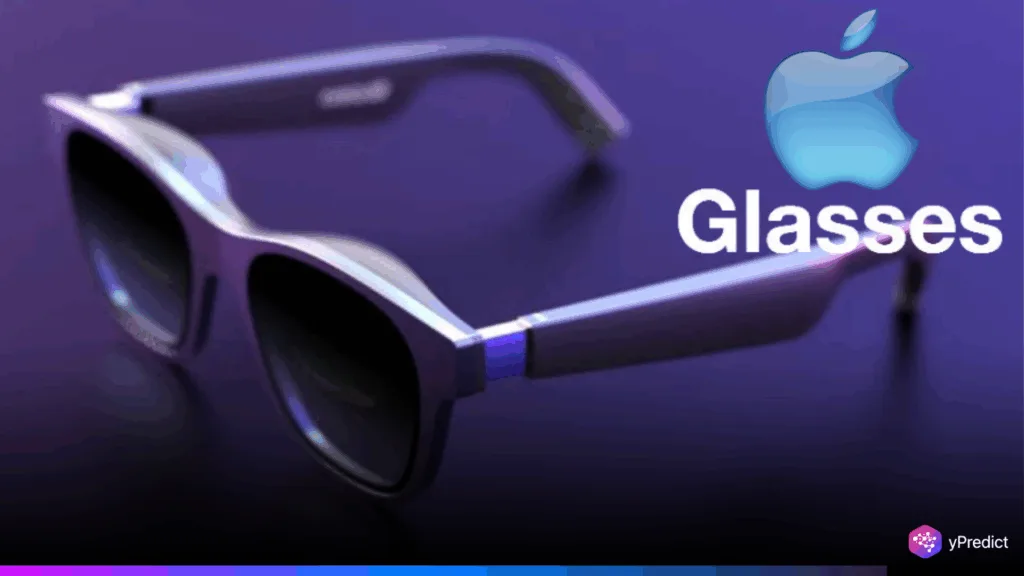
Apple is accelerating its push into wearable tech and artificial intelligence. It is developing custom chips for AI-powered smart glasses, advanced AI servers, and future MacBooks. Mark Gurman, a Bloomberg editor, shared key details of this development in a LinkedIn post. According to reports, Apple’s internal chip design team is tailoring ultra-efficient processors to power its first smart eyewear under the project codename N401.
Apple Technology Steps Boldly Into Smart Glasses
Apple’s silicon team is developing a new processor tailored specifically for lightweight smart glasses, marking a notable step beyond iPhones and Macs. Based on Apple Watch technology, the chip is made to balance power efficiency and performance by removing extraneous components to make it smaller. Sources say it will manage multiple cameras and environment scanning features, ensuring seamless functionality.
The tech giant has long envisioned AI-powered smart glasses for everyday use. Apple is exploring non-augmented reality models even though augmented reality is still impractical with current hardware. These are similar to Meta’s Ray-Ban glasses, which have assistant integration, audio playback, and call capabilities. Before a possible 2027 market release, Apple is refining these devices through internal user studies.
Apple Chips Powering AI-Powered Smart Glasses Innovation
Aside from eyewear, Apple is also creating chips for AI servers in order to power its upcoming Apple Intelligence platform. Features such as rewriting content, summarizing notifications, and integrating with ChatGPT are supported by this suite. This development continues Apple’s trend of using in-house silicon, which began with the iPhone and Mac.
Apple’s most recent processors, which include the high-performance Sotra chip and the upcoming M6 and M7 chips, will also support future MacBooks. Later this year, the iPad Pro and MacBook Pro will be available with the current M5.
From desktops to wearables, these developments show how Apple is investing in a range of product categories. These initiatives support integrated Apple technology and AI use cases. The glasses chip, which Taiwan’s TSMC is expected to produce, aims to strike a balance between possible offloading to an iPhone and local processing.
AI-Powered Smart Glasses to Lead Wearable Race
Apple’s initial AI-powered smart glasses will probably prioritize smart features over full augmented reality. The N401 prototypes are able to process calls, voice commands, and camera visual data. Eventually, Apple may reintroduce AR once hardware and software become viable at scale.
Apple is also developing auxiliary chips to support environmental consciousness. “Glennie” for AirPods and “Nevis” for Apple Watch could help devices share contextual data. This provides a consistent AI experience for all products. Using Apple technology, this is part of a strategy to incorporate intelligent interaction across its ecosystem.
Apple is keeping its options open as it competes with Meta, which plans to release AR glasses by 2027. Whether AR or not, Apple prioritizes creating smart eyewear that is comfortable, easy to use, and energy-efficient for customers. It has a strategic advantage in realizing this vision thanks to the use of AI servers and proprietary chips.
What Will Define Apple’s Smart Vision?
Apple is positioning its hardware and software to lead the next generation of intelligent devices. This includes the creation of AI-powered smart glasses and silicon designed specifically for AI servers. Its long-term role in the wearables market is highlighted by its emphasis on miniaturization, power efficiency, and seamless ecosystem integration. As Apple develops this technology, it has the potential to transform how we interact with the digital world.






